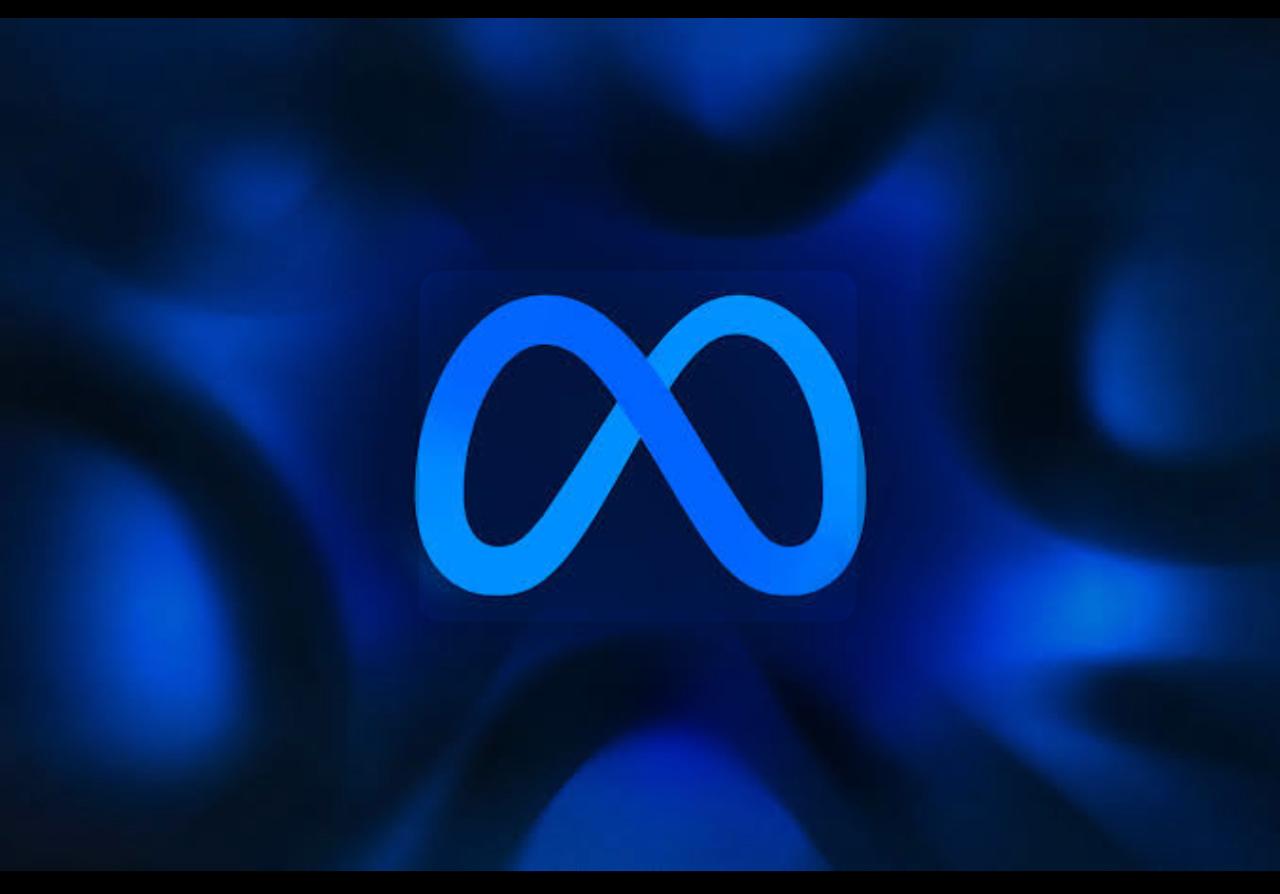Meta Wins Key Copyright Lawsuit Over AI Training Data Court Rules
Legal Victory for AI Industry
In a significant legal victory for the artificial intelligence industry, a U.S. federal judge ruled in favor of Meta Platforms in a closely watched copyright lawsuit. The case involved the company’s use of copyrighted books to train its AI models. The decision marks a major win for tech firms working on generative AI and reflects the shifting legal environment surrounding copyright and machine learning.
Judge Dismisses Copyright Claims Against Meta
On Wednesday, District Judge Vince Chhabria in San Francisco dismissed the lawsuit brought by several authors. These included comedian Sarah Silverman and novelist Junot Díaz, who had accused Meta of training its LLaMA language model using unauthorized copies of their works.
Although the judge recognized the authors’ concerns about market harm, he ruled that their legal arguments fell short. He stated:
“No matter how transformative the training of generative AI may be, it’s difficult to see how using copyrighted books to build a tool that could generate billions in revenue qualifies as fair use… But in this case, the plaintiffs simply did not present the right legal argument.”
Implications for Other AI Companies
This ruling is the second courtroom win for AI developers within a single week. In a similar case, Judge William Alsup dismissed allegations against Anthropic, the developer of the Claude chatbot.
In both instances, the judges clarified that their decisions were not endorsements of how copyrighted materials are used in AI training. Instead, they emphasized that the plaintiffs failed to offer adequate legal reasoning and supporting evidence.
Meta responded positively to the ruling:
“Open-source AI models are driving groundbreaking innovation, boosting productivity, and unlocking new levels of creativity. Fair use is a cornerstone legal principle that enables these breakthroughs while fostering open research and development.”
Works at the Center of the Lawsuit
The lawsuit claimed that Meta used pirated copies of several copyrighted books, including:
- The Bedwetter by Sarah Silverman
- The Brief Wondrous Life of Oscar Wao by Junot Díaz
The plaintiffs alleged that Meta downloaded these materials without obtaining permission or offering compensation. They asserted that this violated their intellectual property rights.
Fair Use and the Bigger Picture
While Meta may celebrate this win, the court clarified that this ruling does not establish a legal precedent for all of the company’s AI training practices. Judge Chhabria noted:
“This ruling should not be interpreted as a declaration that Meta’s use of copyrighted materials is legally permissible.”
His decision reflected the plaintiffs’ failure to construct a solid legal case—not a blanket approval of AI training practices.
The ruling highlights growing debate over how AI companies utilize creative works, including books, journalism, music, and digital art—often without licensing or compensating original creators.
Copyright and AI: What Comes Next?
As generative AI tools like ChatGPT, Claude, and Meta’s LLaMA continue transforming industries, legal scrutiny is intensifying. A rising number of musicians, authors, visual artists, and news outlets are initiating similar lawsuits.
The outcomes of these cases may shape the future of fair use in the AI era. In turn, this will likely influence how tech firms develop and train their models going forward.






